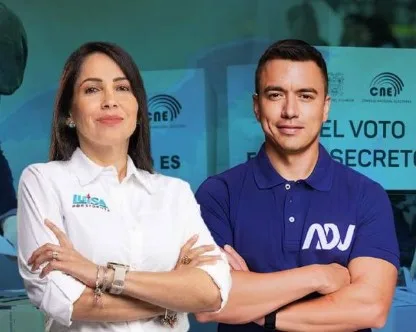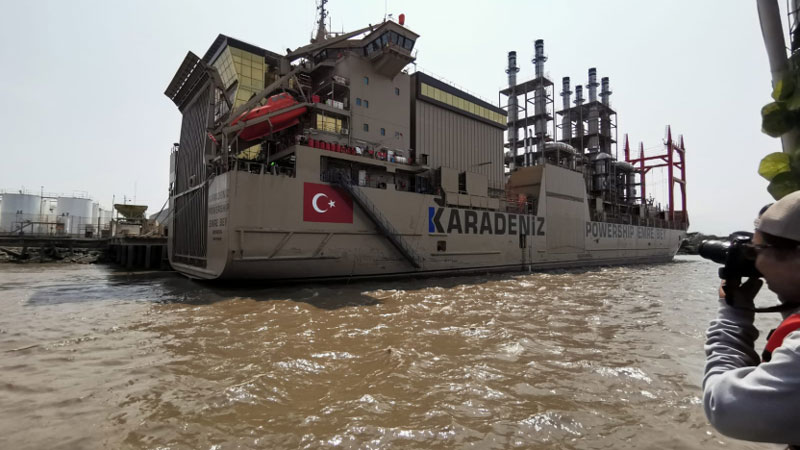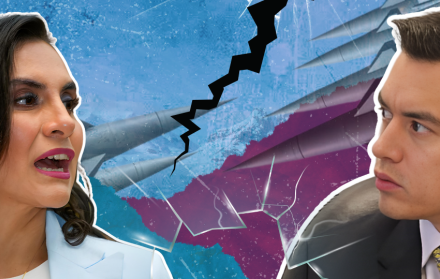Candidates attack ‘dirty tricks’ and ‘fake news’ as presidential campaign enters the home stretch
Amid charges of “dirty tricks,” Luisa González and Daniel Noboa conclude their campaigns for the presidency at midnight Friday, when a quiet period goes into effect before Sunday’s runoff election.
 In the final days of the campaign, the campaigns are blaming each other for a rash of “fake news” and disinformation.
In the final days of the campaign, the campaigns are blaming each other for a rash of “fake news” and disinformation.
On Tuesday, González continued to demand proof that members of the Correista movement were involved in the assassination of presidential candidate Fernando Villavicencio. “It is outrageous that this claim, without substantiation, surfaces in the last week of the election,” she said. “It was obviously intended to damage my campaign, but I predict that it will fail.”
Also on Tuesday, Noboa attacked claims posted on social media that he was involved with his father, Alvaro Noboa, in a cocaine export scheme. “Enough of this garbage. Enough of the lies,” he said. “It is time for the people of Ecuador to focus on the real problems the country faces when they vote on Sunday.”
In recent days, both campaigns have cited claims and charges appearing on social media they are say are meant to affect the election outcome.
Alexis Serrano, editor of the website Ecuador Chequea, agrees with the candidates that the amount of false information in the election is extreme. “It is worse than in any election I have observed in more than 20 years and most of it is generated over the internet,” he says. “The new technologies have changed the way political campaigns are conducted and allow anonymous players to attempt to influence the outcome of elections.”
He added that the “emerging force” of artificial intelligence is appearing for the first time in Ecuadorian politics. “What we are seeing are old videos of the candidates being altered to appear as if they are current,” he said. “These images compile pieces of old statements, put them together, and make the candidates appear to say crazy things, often the opposite of their real positions.”
In a number of cases, Serrano says, videos and photos are generated entirely by computer. “They are what they call deep fakes but they look real, and many people can’t tell the difference.”
In one case, Serrano says a video shows González telling friends in a restaurant that she is happy to be “Correa’s girl” and that she just spent the weekend with him in a Mexican hotel room. In another, Noboa appears with his father discussing a plan to privatize Ecuador’s Central Bank.
Serrano’s organization also claims that many social media text posts are computer-generated, without human involvement. “They are part of programs designed to post fake information in large quantities.”
Andrés Jaramillo, Quito professor and director of Content Manager Ecuador, agrees with Serrano’s findings, saying that almost half of all comments posted on X, Facebook and other social platforms, are created by bots, not people. “This is really alarming and, unfortunately, there are no effective way to police it,” she says.
Ultimately, Jaramillo believes, the fake videos and texts will have little impact on the outcome of the election. “It’s coming from both sides in very equal amounts and it’s important to know that most of it comes from outside of the campaigns,” she said. “Most voters don’t see it and many of those who do understand what’s going on. Fortunately, the election will be decided at the ballot box, not on social networks.”

















